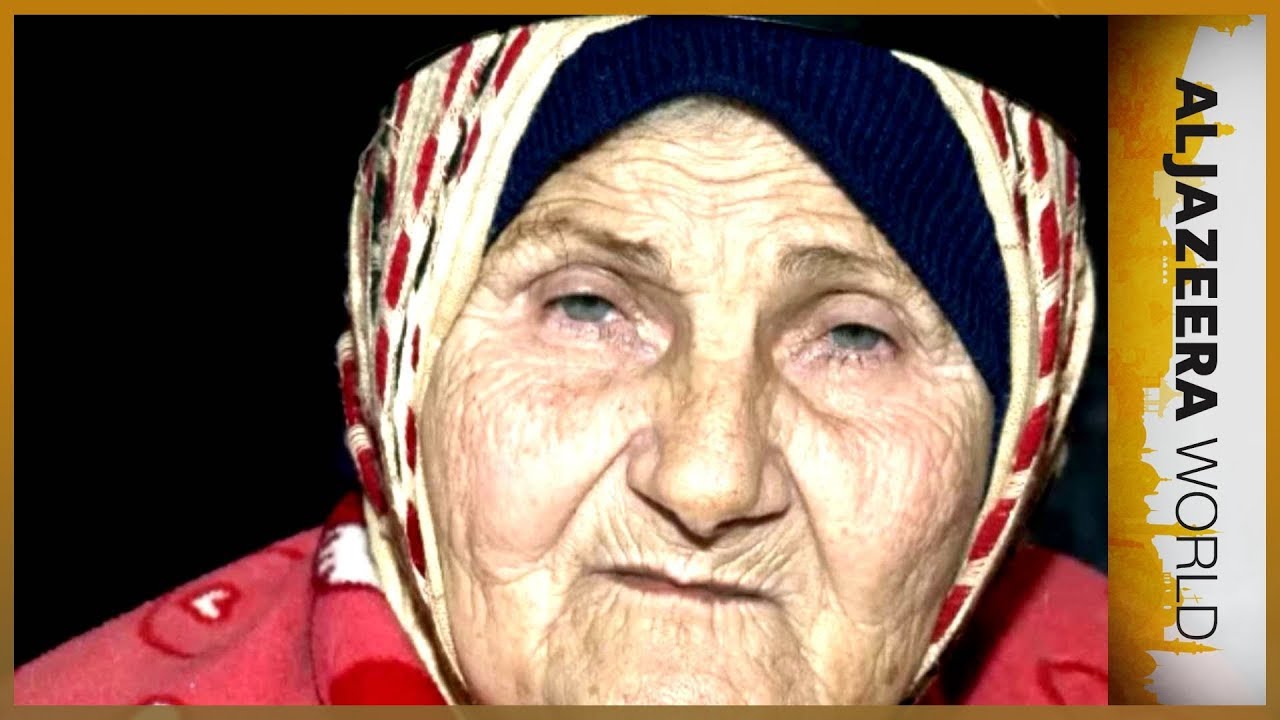🇱🇧 The Widows’ Sanctuary in Lebanon | Al Jazeera World
Filmmaker: Hala Mourad
In the heart of Lebanon’s second-largest city, Tripoli, is a “Khan”, an ancient guest house dating back to the period of Mamluk rule in the 14th century. The city fell to the Ottomans in 1516 and, under the Muslim charitable practice of “Waqf”, the Khan was donated to the community to house widows unable to support themselves.
The Islamic philanthropic tradition of Waqf dates back to the Prophet Muhammad’s time and is intended to be “in perpetuity”. Waqf in Islamic law was developed in the medieval Islamic world, but bears a resemblance to English trust law.
Every Waqf was required to have a waqif (founder), mutawillis (trustee), qadi (judge) in addition to its beneficiaries, with continuity being “secured by the successive appointment of trustees or mutawillis.”
Now called the “Khanka”, few Tripolitans may be aware of the guest house’s existence, or its governance by the Ministry of Endowments. When this film was made, the Khanka had fallen into disrepair and its 12 rooms offered its residents only the most primitive accommodation.
“Everything leaks here,” says Khanka resident Um Fadi, a mother of three. “We wake up in the morning to find our mattresses and clothes completely wet. My little daughter fell ill because of this problem.”
While the widows depend on charitable donations for sustenance, some of them do menial jobs like cleaning apartments and cooking for meagre pay.
Everything leaks here. We wake up in the morning to find our mattresses and clothes completely wet. My little daughter fell ill because of this problem.
Um Fadi, Khanka resident
Many of the widows have quite sad stories to tell. One of them, Um Ahmed al-Tahesh, had seven sons and two daughters, but moved to the Khanka when her husband died in the Lebanese civil war.
“I had a very good life. We lived well and I had a housemaid. My husband was killed in Beirut and my life was turned upside down,” she says.
Her children have all grown up with their own families to care for but Um Ahmed doesn’t mind her place in the Khanka. “Yes, it’s a small room, but at least it shelters me. I don’t mind sleeping on a mattress on the floor.”
Life in the Khanka can be lonely, isolated and uncomfortable for the widows and their families. But sometimes the residents are there by choice.
When the ministry conducts an audit, it discovers that all but two of the residents, Um Ali Sikkari and Um Fadi, actually have family capable of supporting them. The rest are asked to leave.
“Any woman who has a house or another shelter will be discharged from the Khanka,” says supervisor Sheikh Nazih Musa. “This Khanka is exclusively for widows who have no financial support and no place to stay in.”
Charity in this part of the world has its limits and if the terms of the Waqf are breached, residence in the Khanka is unceremoniously terminated, regardless of one’s age or time served.
Since this film was originally made in 2016, the Ministry of Endowments announced that it would renovate the Khanka to better serve the needs of its residents in 2019.
– Subscribe to our channel: http://aje.io/AJSubscribe
– Follow us on Twitter: https://twitter.com/AJEnglish
– Find us on Facebook: https://www.facebook.com/aljazeera
– Check our website: https://www.aljazeera.com/
More from Al Jazeera World on:
YouTube – http://aje.io/aljazeeraworldYT
Facebook – https://www.facebook.com/AlJazeeraWorld
Twitter – https://twitter.com/AlJazeera_World
Visit our website – http://www.aljazeera.com/aljazeeraworld
Subscribe to AJE on YouTube – http://aje.io/YTsubscribe
#AlJazeeraWorld #AlJazeeraEnglish #Lebanon




![Private: [ID: 9sSMjmulbSM] Youtube Automatic](https://nezha.pro/wp-content/uploads/2023/08/private-id-9ssmjmulbsm-youtube-a-236x133.jpg)
![私密內容: [ID: vOErbAXbHmo] Youtube Automatic](https://nezha.pro/wp-content/uploads/2023/08/id-voerbaxbhmo-youtube-automati-236x133.jpg)
![私密內容: [ID: 9OKAgo7yn3U] Youtube Automatic](https://nezha.pro/wp-content/uploads/2023/08/id-9okago7yn3u-youtube-automati-236x133.jpg)
![私密內容: [ID: geb2Vb2fbss] Youtube Automatic](https://nezha.pro/wp-content/uploads/2023/08/id-geb2vb2fbss-youtube-automati-236x133.jpg)
![私密內容: [ID: zSXoeqoIwL4] Youtube Automatic](https://nezha.pro/wp-content/uploads/2023/08/id-zsxoeqoiwl4-youtube-automati-236x133.jpg)
![私密內容: [ID: 9c8aHubW7w4] Youtube Automatic](https://nezha.pro/wp-content/uploads/2023/07/id-9c8ahubw7w4-youtube-automati-236x133.jpg)
![私密內容: [ID: 9W4-q3cFxSA] Youtube Automatic](https://nezha.pro/wp-content/uploads/2023/06/id-9w4-q3cfxsa-youtube-automati-236x133.jpg)
![私密內容: [ID: __dHaABgd1E] Youtube Automatic](https://nezha.pro/wp-content/uploads/2023/06/id-dhaabgd1e-youtube-automatic-236x133.jpg)
![私密內容: [ID: ALM6rESu6S4] Youtube Automatic](https://nezha.pro/wp-content/uploads/2023/06/id-alm6resu6s4-youtube-automati-236x133.jpg)
![私密內容: [ID: xJwT02swkuA] Youtube Automatic](https://nezha.pro/wp-content/uploads/2023/05/id-xjwt02swkua-youtube-automati-236x133.jpg)